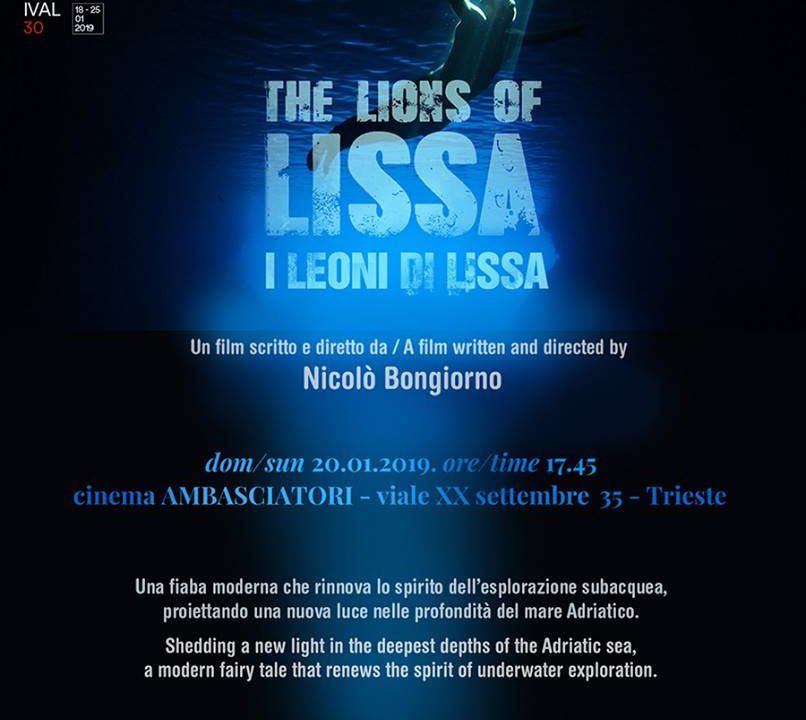Useful tips for tourists Split – Croatia 2018
Croatia is one of Europe’s rising tourist stars. This remarkable Adriatic country of 1244 islands, bear and wild boar inhabited forests and world-class vineyards is so much more than just a beach destination. Check out our blog for useful information and tips you might need if you are traveling to Croatia.
Travel documents
A valid passport or some other identification document recognised by international agreement; for certan coiuntries a personal identity card is sufficient (a document which testifies to the identity and citizenship of the bearer). Citizens of EU countries can enter Croatia using only their ID card, all others need to travel with a valid passport in order to enter Croatia.
Money
While Croatia is a part of European Union, the country still doesn’t use Euro as a common currency. Croatian currency is Kuna (short: kn), and the exchange rate is at about 7,5 kn per 1€, 6,8 kn per 1$, and 8,4 kn per 1£.
You can also pay many things with Euro, like accommodation, meals in restaurants, pay-tolls on Croatian roads, and gasoline. However you’ll usually get your change in Kuna, and the exchange rate can be less favourable than at the exchange offices.
Shops and public services working hours
During the tourist season, most shops are open from 8 a.m. until 8 p.m. on weekdays, and many are also open during the weekend.
Public services and business offices generally work from 8 a.m. until 4 p.m., Monday to Friday.
Post and telecommunications
Weekdays, in smaller centres from 7 a.m. until 2 p.m. Some offices work a split shift. In most towns and tourist centres, duty post offices are open on Saturdays and Sundays.
Internet
Internet in Croatia is widely available. WiFi coverage is pretty good, with many towns offering free wifi hot spots at prominent places in a town. Most of private accommodation, as well as hotels, and even campsites, offer a free WiFi internet connection.
However, the internet in Croatia isn’t as fast as you are perhaps used to. The average internet download speed in Croatia is 12.5 Mbps.
Uber
Fans of world-famous taxi app, Uber, can now get around by UberX in Zagreb, Zadar, Split, Sibenik and Dubrovnik. Launched in Zagreb at the end of 2015, in Split and Dubrovnik in mid-2016, Zadar in late 2016 and Sibenik in 2017, Uber has provoked strong protests from traditional taxi drivers but has been welcomed by residents and visitors. Nevertheless, the expansion continues. Services have also become available from the popular festival sites of Tisno and Zrce to Zadar, Split and Dubrovnik. There’s even a pioneering new service, Uber Boat.
The import of live animals
The transport of house pets across state borders is possible only with the necessary veterinary documentation certifying the animals’ state of health. Cats and dogs must be fitted with an electronic identification system (microchip). Up to five pets can be imported at border crossings approved for the circulation of certain house pets, whilst the import of larger numbers of animals must be made at a border crossing where there is a border veterinary inspection.
When travelling with your pet, you are responsible for it.
Health services
There are hospitals and clinics located in all larger towns and cities, while smaller centres have dispensaries and pharmacies only.
Foreign visitors who are covered by health insurance in their own country are not obliged to pay for emergency medical services during a private stay in the Republic of Croatia if a convention on Social Security has been signed between Croatia and the visitors’ country of origin, i.e. if they have in their possession a certificate stipulated by such a convention confirming their right to health care. Health care (including transport) is used for emergency cases in the manner and according to regulations valid for Croatian citizens covered by Social Security, with identical participation in health care costs (participation). Persons coming from countries with which no such convention has been signed personally bear the costs of health services rendered.
For further information, please contact the Croatian Institute for Health Insurance
Tel: +385 1 4806 333,
web: www.hzzo-net.hr
Best time to go
Majority of tourists head to Croatia in July and August. However, busiest time is not always the best time to visit.
The best time to visit Croatia is in June and September. There are far less people around (definitely no queues, traffic jams, nor crowded beaches), the weather is still warm and sunny, prices are more affordable, and the sea is warm enough to swim in. Another tip: Sea is usually warmer in September than in June.
Additional information
Emergency services:
Police – tel: 192
Emergency medical assistance – tel: 112
Fire Department – tel: 193, 112





